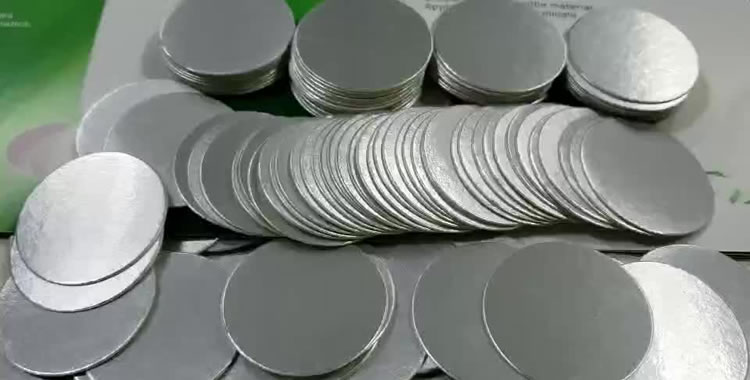
In today's fast-paced manufacturing landscape, ensuring product integrity and safety is paramount across various industries, ranging from chemicals, cosmetics, medicines, to the food and beverage sector. Leakage and compromised packaging not only pose safety concerns but also affect consumer confidence. To combat these challenges, advancements in induction cap sealing technology have revolutionized the way products are sealed, providing an airtight and tamper-proof solution Induction sealing systems have emerged as a game-changer, allowing manufacturers to achieve flawless seals consistently. These systems play a pivotal role in maintaining product quality, extending shelf life, and enhancing overall professionalism in packaging.
Attaining a satisfactory seal requires initiating the induction sealing process and allowing at least 24 hours for the best results.
Carefully monitor for any signs of burning or melting within the cap during the sealing process.
Ensure that the foil seals uniformly around the rim without overheating the bottleneck and cap.
Trained operators can gauge the right temperature for the bottle lid before it cools, ensuring symmetric heat patterns in the induction foil and backing material.
The container, cap closure, liner material, and induction seal must be meticulously matched to ensure a consistent product seal.
Containers made of PET, HDPE, or glass jars can be induction-sealed based on product suitability and logistical considerations.
Choose closures with flat interiors compatible with induction liners. Screw-on caps offer versatility with liner materials.
Selection depends on container design, product content, usage duration, cap tolerance, and the process for inserting the lining material into the cap.
Choosing a reliable machine provider is crucial. Look for technical guidance, certified equipment, and support in closure and container development. Metro International, based in Dubai, offers top-notch induction sealing machines, both automatic and manual versions, ensuring precision and reliability.
Investing in high-quality induction cap sealing technology is integral for manufacturers to guarantee product safety, prevent leakage, and enhance consumer trust. Partnering with a reputable provider like Metro International ensures seamless integration of Induction sealing into your packaging processes, ultimately elevating the quality and integrity of your products.
